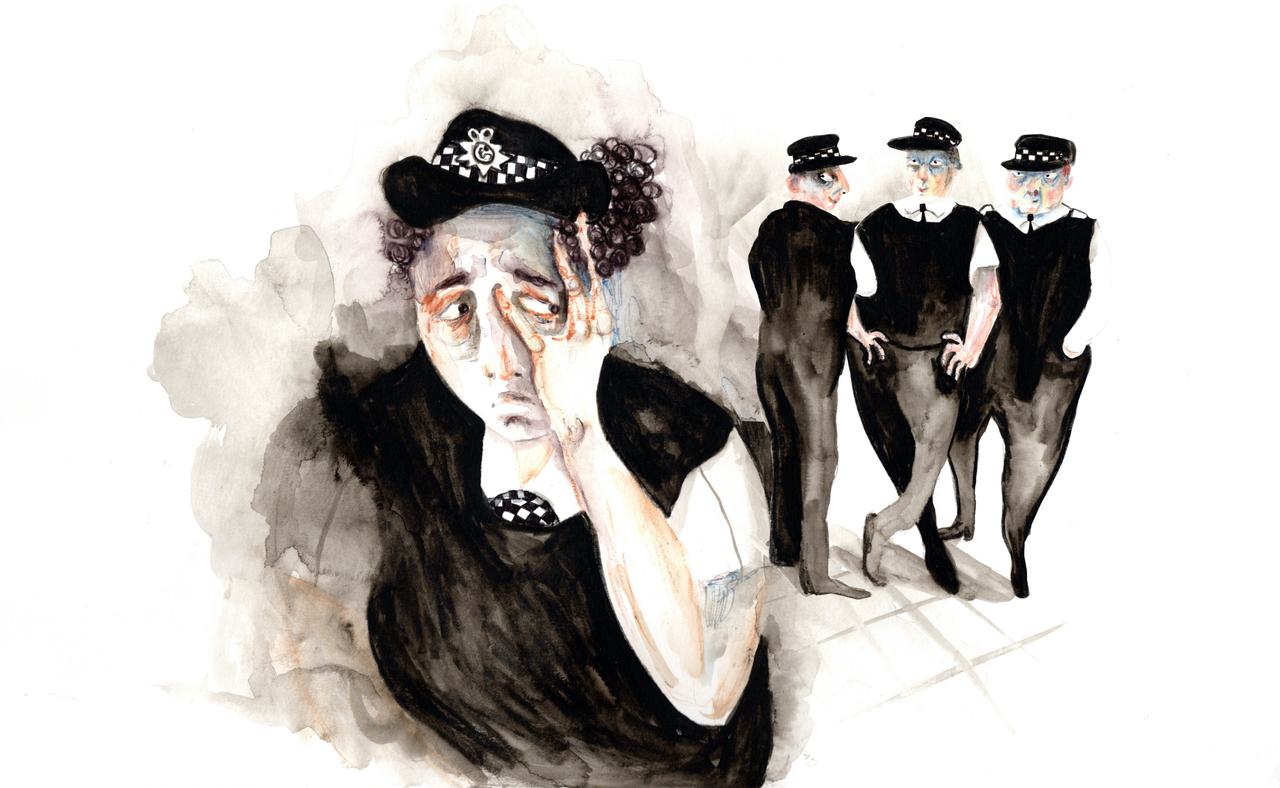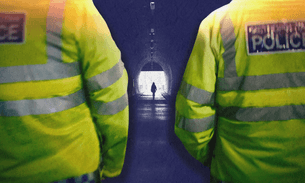
Met Police failing women with institutional sexism, racism and homophobia
The Metropolitan Police is failing women and children, is institutionally racist, sexist and homophobic, and is unable to police itself, according to a damning new review into the force prompted by the murder of Sarah Everard by a serving officer.
The Baroness Louise Casey Review was commissioned by the Met after a series of high-profile failures and scandals rocked the public’s trust in the force. One key recommendation is to effectively disband and reform the specialist firearms unit in which both Everard’s murderer, Wayne Couzens, and the serial rapist David Carrick served, with all officers who carry firearms being re-vetted.
Casey is deeply critical of the reaction from senior Met leaders to repeated scandals involving its officers. She wrote: “The Met preferred to pretend that their own perpetrators of unconscionable crimes were just ‘bad apples’.” She added: “Despite the obvious signals of major failure – with heinous crimes perpetrated by serving Met officers – it did not stop to question its processes.”
However, Sir Mark Rowley, the Met Commissioner, refused to accept the full findings of the report, arguing that the term “institutional” was too political. “I’m accepting we have racists, misogynists. I’m accepting, we’ve got systemic failings, management failings, cultural failings,” he said. “But [‘institutional’] is simply a term I’m not going to use myself.”
The review adds to the evidence reported by TBIJ on the Met’s failure to tackle domestic abuse perpetrated by its own officers and staff. “Predatory and unacceptable behaviour has been allowed to flourish,” Casey wrote. This includes towards women within the Met, who the report found to face a “day-to-day experience of sexism, bias, bullying and misogyny”.
When looking into incidents of officers having abused their position for a sexual purpose, the report asked the Met for its figures as well as undertaking its own analysis. Its independent research found around six times as many allegations as were provided by the Met.
The report also reviewed the Met’s investigations into allegations of domestic abuse and sexual misconduct against police, and found that the IOPC guidance stating that the “officer’s complaint history should be considered in all cases” had been applied in only 2% of cases.
Casey’s report cited one account of officers “surfing crime reports looking for female victims who live alone [and] contacting them when off-duty”.
In March last year, TBIJ found that 80% of UK officers accused of domestic abuse are still working for the police. The report confirmed that an “overwhelming majority” of domestic abuse allegations resulted in no formal action being taken. In one case revealed by TBIJ, a male officer who was alleged to have raped two of his female colleagues had been allowed to carry on in his post unsuspended for three years.
Casey included the super-complaint put together by TBIJ and the Centre for Women’s Justice, in the review. She wrote: “Their super-complaint (which considers forces nationally, not just the Met) found evidence of police suspects trying to stop the victim from reporting to the police, drawing on their status as police officers to undermine the victim.
“During the review, we also heard of cases in the Met where friends and superiors had closed ranks around the police suspect to protect them.”
The report recommended a complete overhaul of the misconduct process, which it found to be “not fit for purpose”.
It said: “A new, independent, multi-disciplinary team of officers and staff should be brought in by the Met to reform how it deals with misconduct cases, with a particular focus on how it handles sexual misconduct, domestic abuse and discrimination.”
Although Rowley would not accept that the force’s problems are institutional, he did apologise for its failings. “The appalling examples of discrimination, the letting down of communities and victims and the strain felt by the frontline are unacceptable,” he said. “I am deeply sorry for that.
“This report is vivid and it is painful reading. I’m not going to underestimate its significance, the power of it, the scale of reform needed. We all want to fix it. We all know that we have let London down.”
Writing in The Times, Casey urged the force to act quickly. “I have been appalled by what I have discovered. About the decision to downgrade the public protection of women and children… My report has held a mirror up to the Met. Now is the moment for it to take action. The future of policing, and the public’s permission to police them, depends on it.”
Header image: Danny Noble for TBIJ
Reporter: Meirion Jones
Fact checker: Alice Milliken
Production: Frankie Goodway and Alex Hess
Illustration: Danny Noble
None of our funders have any influence over our editorial decisions or output.
-
Area:
-
Subject:




